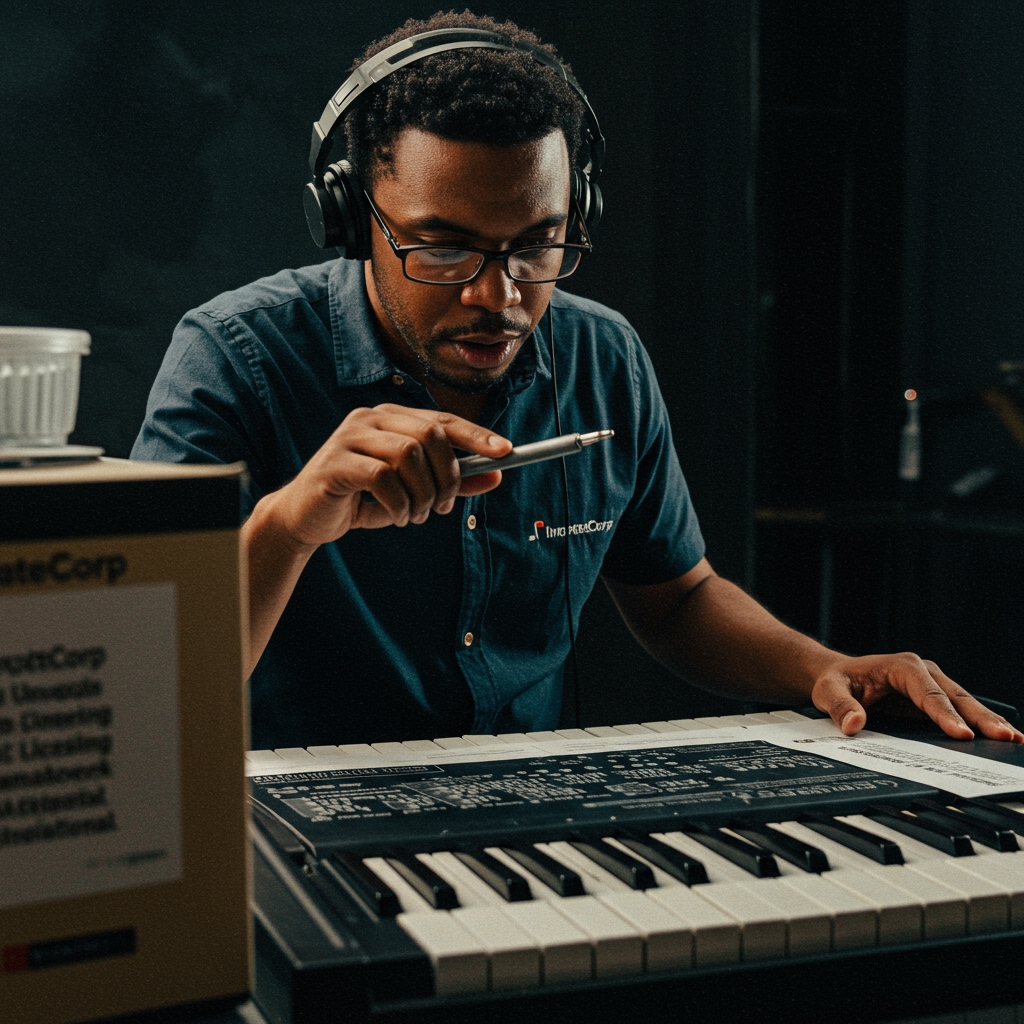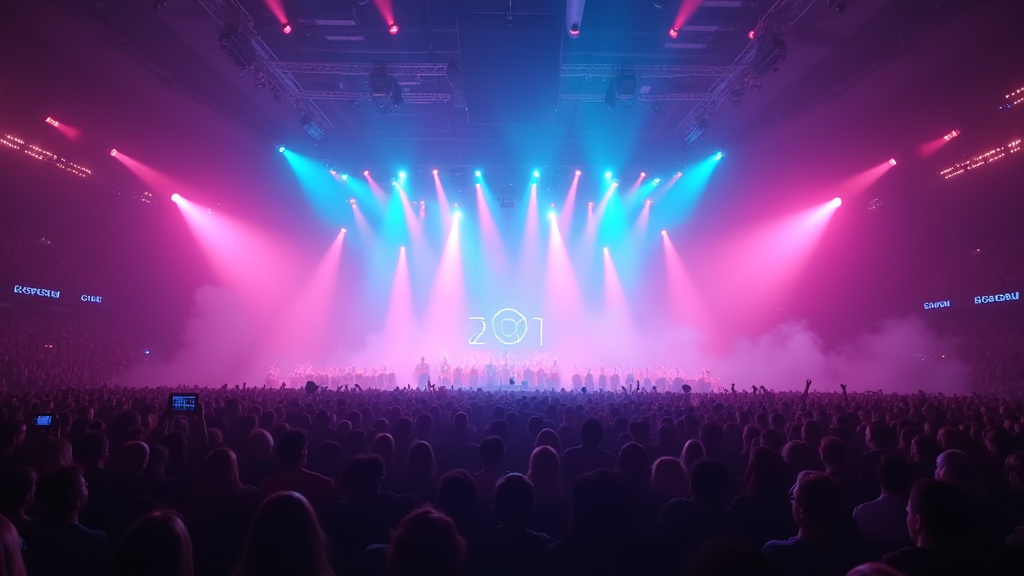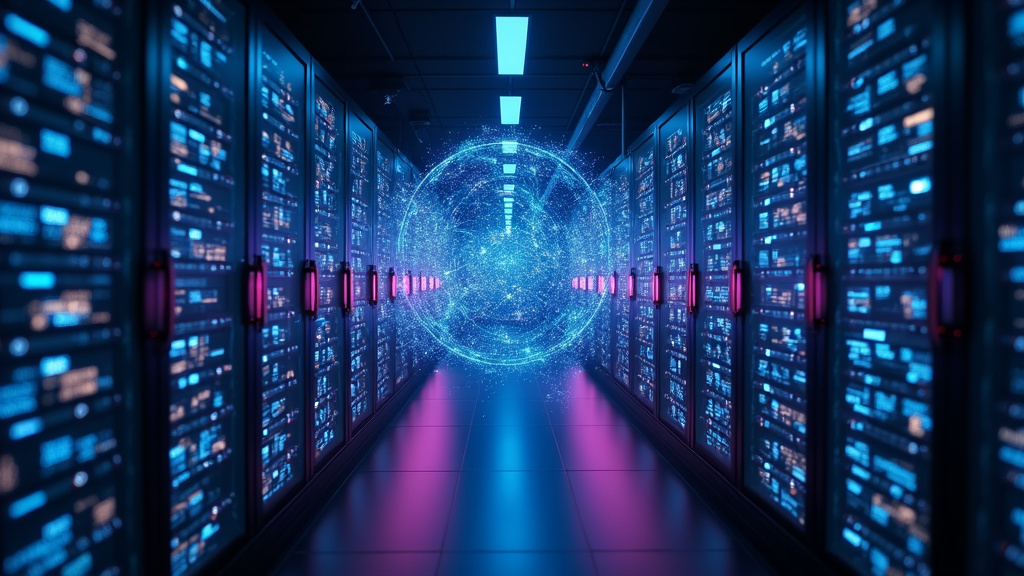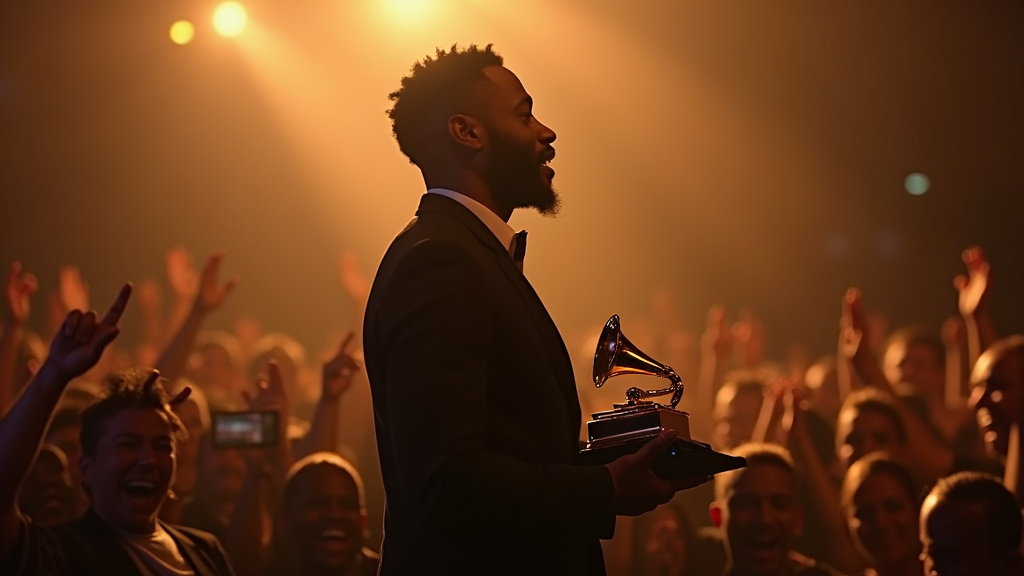InnovateCorp Launches Landmark AI Music Licensing Initiative with Global Partner MusicGuard International
InnovateCorp, a leading global technology firm, today announced a significant development in the rapidly evolving landscape of artificial intelligence and creative content. On May 28, 2025, the company publicly unveiled its comprehensive AI Music Licensing Framework, a groundbreaking initiative designed to address the complex legal and economic challenges presented by AI-generated and AI-utilized music. This ambitious project is being undertaken in strategic partnership with MusicGuard International, a renowned global rights management agency.
The core purpose of the AI Music Licensing Framework is to establish clear, transparent guidelines and a robust system for the equitable distribution of royalties for music that is either generated by AI systems or used in conjunction with AI technologies across InnovateCorp’s platforms. As AI tools become increasingly sophisticated and integrated into content creation workflows and consumer applications, the lines between human creativity and machine output are blurring, creating unprecedented questions around ownership, licensing, and compensation. InnovateCorp’s framework represents a proactive effort to bring structure and clarity to this nascent field.
Key Features and Operational Details
The framework is built upon several key pillars aimed at ensuring fairness, transparency, and efficiency. A central component is the implementation of advanced usage tracking technologies. These sophisticated systems are designed to monitor and identify instances where AI-generated music is consumed, shared, or utilized within content on InnovateCorp’s various digital properties. Furthermore, the tracking will extend to instances where existing copyrighted music is used or manipulated through AI tools on their platforms, distinguishing between different forms of AI involvement.
Another critical element of the framework is a structured dispute resolution process. Recognizing that the intersection of AI and copyright is fertile ground for disagreements, InnovateCorp has committed to establishing clear, accessible, and fair mechanisms for resolving disputes that may arise concerning ownership, usage rights, or royalty allocations related to AI-driven music. This process is intended to provide creators, rights holders, and AI developers with a reliable avenue for addressing concerns outside of potentially lengthy and costly legal battles.
The AI Music Licensing Framework is not being deployed company-wide immediately. Instead, InnovateCorp has scheduled a focused pilot launch for Q3 2025. This initial phase will be rolled out in select regions: North America and Asia. These markets have been chosen presumably for their diverse regulatory environments, varying levels of AI adoption in creative industries, and significant user bases on InnovateCorp’s platforms. The pilot program will allow InnovateCorp and MusicGuard International to test the framework’s operational efficiency, gather feedback from stakeholders, and make necessary adjustments before a potential wider release.
Partnership with MusicGuard International
The collaboration with MusicGuard International is a cornerstone of this initiative. MusicGuard International brings extensive expertise in global music rights management, royalty collection, and distribution across various media. Their involvement is expected to lend credibility and practical experience to the framework’s implementation, particularly in navigating the complexities of international copyright law and managing relationships with a vast network of artists, songwriters, composers, publishers, and record labels. MusicGuard International’s role will likely involve facilitating royalty payments processed through the framework and potentially assisting with the dispute resolution process, leveraging their established industry position and infrastructure.
Addressing Copyright Concerns and Influencing Regulation
InnovateCorp’s move is widely interpreted as a strategic and proactive effort to address the growing copyright concerns that have become increasingly vocal within the creative industries. Artists, musicians, and rights holders have expressed significant apprehension about the potential for AI to devalue creative work, bypass traditional licensing structures, and complicate the enforcement of intellectual property rights. By taking the lead in proposing a structured licensing model, InnovateCorp aims to mitigate some of these fears and demonstrate a commitment to fostering a sustainable ecosystem where both AI innovation and creative rights can coexist.
Beyond simply managing content on its own platforms, the development and potential success of this framework could significantly influence global regulatory discussions surrounding AI and creative works. Governments and international bodies worldwide are currently grappling with how to update copyright law and establish new legal precedents in the age of generative AI. By providing a tangible, operational model for licensing and royalty distribution, InnovateCorp and MusicGuard International could offer a practical blueprint that might inform policy decisions and regulatory approaches adopted by various jurisdictions. This framework could set a precedent for how large technology platforms handle AI-generated or AI-used creative content in the future.
Industry Reaction and Future Outlook
The announcement has already garnered considerable attention within both the technology and music industries. While initial reactions are still being assessed, stakeholders will be closely watching the Q3 2025 pilot launch in North America and Asia. Success in these initial markets could pave the way for broader adoption and potentially inspire similar initiatives from other tech companies or industry consortia. The framework’s ability to accurately track usage, ensure fair compensation, and manage disputes effectively will be critical to its long-term viability and acceptance among creators and rights holders. The AI Music Licensing Framework represents a pivotal moment in the ongoing dialogue about AI’s role in creative industries and the future of digital rights management.





